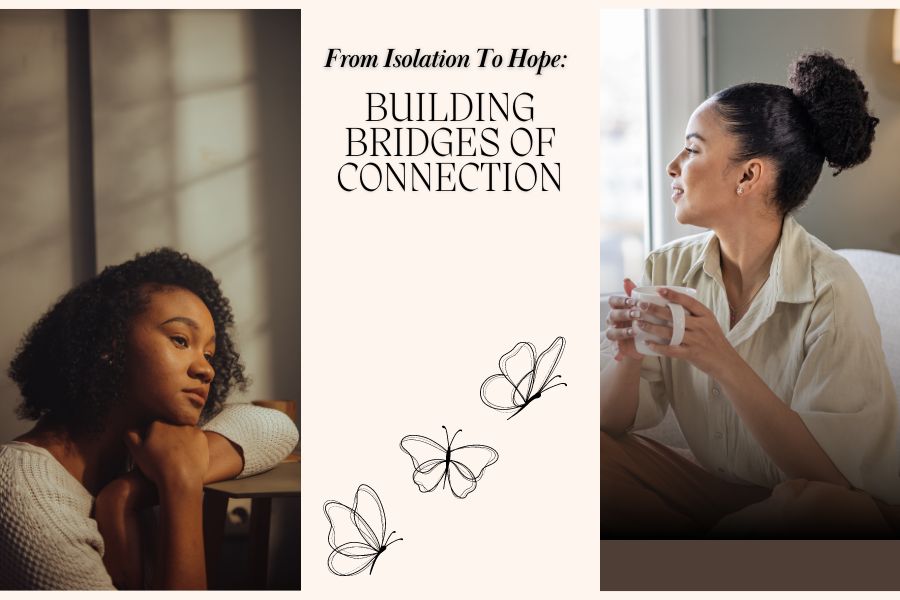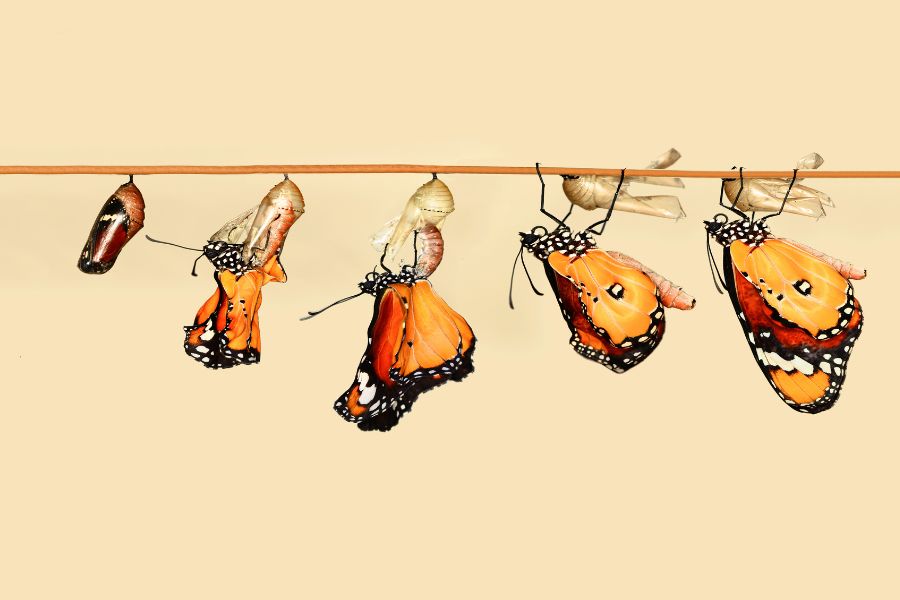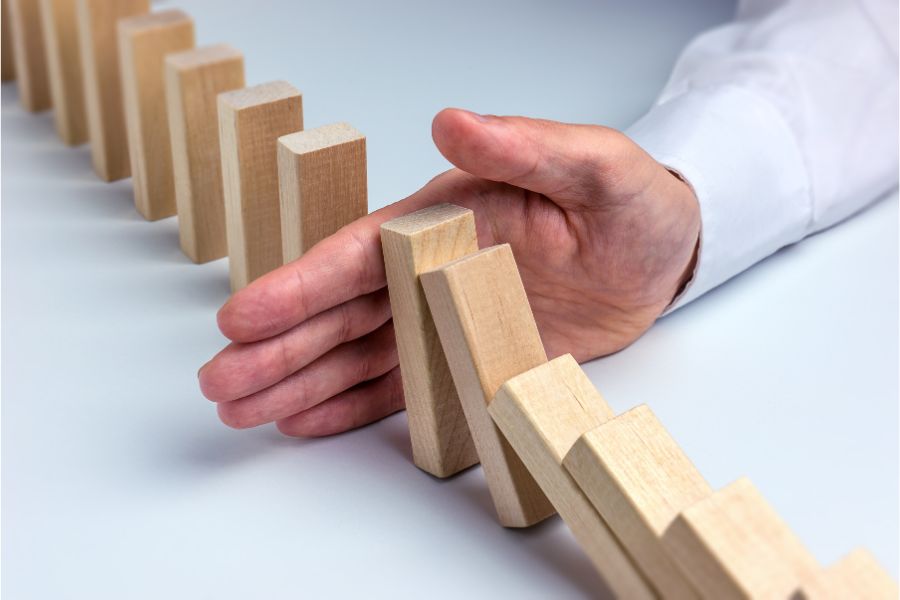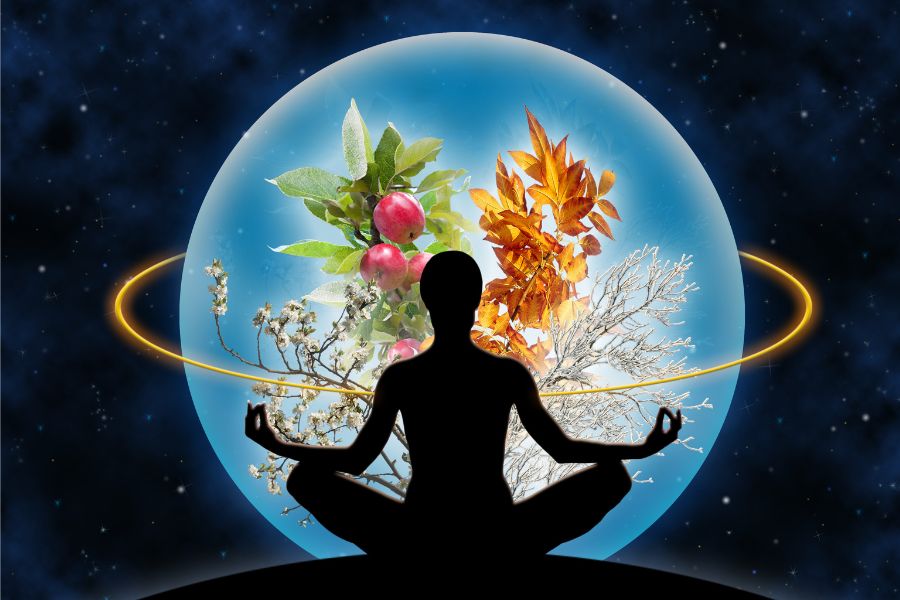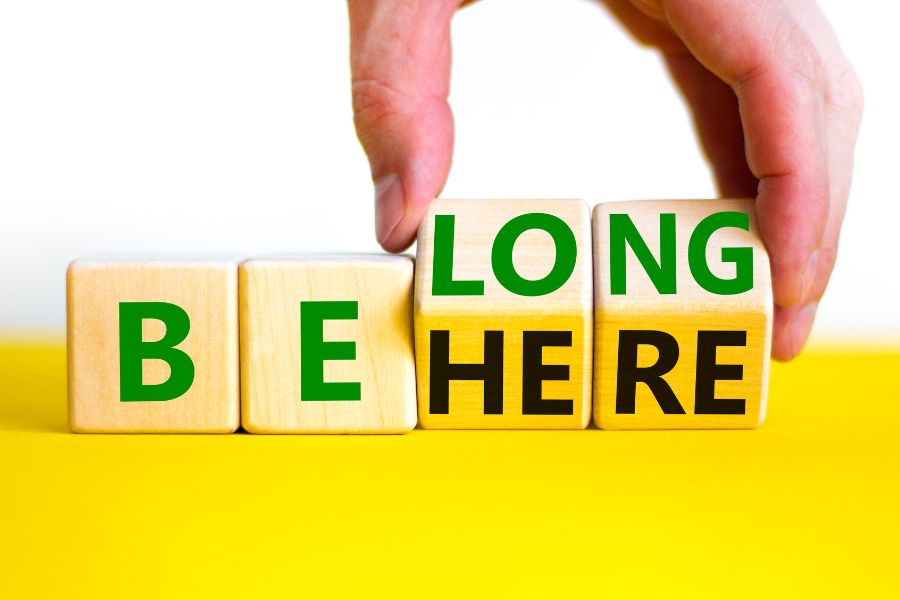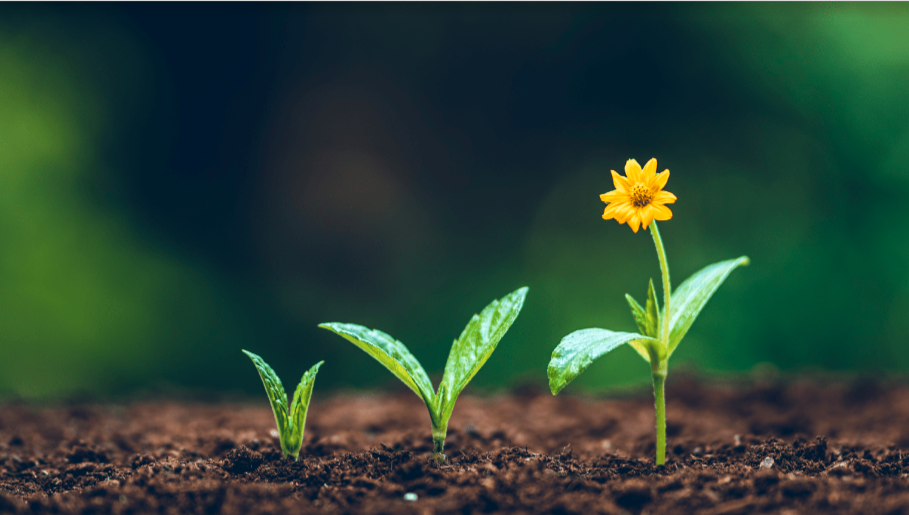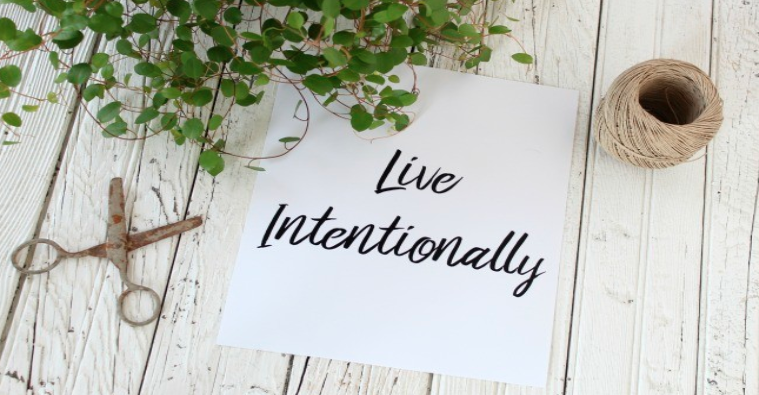Isolation often forms when we are misunderstood and not accepted for who we are. This lack of understanding and respect leads us to build walls around ourselves to keep out those who don’t value us. Over time, these walls grow higher, confining us and preventing even those who understand us from entering. This self-imposed isolation can stem from hyper-individualism, where the desire for personal space turns into a life of solitude.
Initially, what starts as a means of protecting our privacy and preventing hurt transitions into isolation. We may feel trapped, believing it’s too late to change—the consequences of this isolation surface gradually, affecting our ability to trust others and make connections. Feelings of low self-worth and fear of being hurt again turn off our willpower to reach out.
This shift is gradual, like a snake wrapping around us when we are not looking. It happens exceptionally slowly, and over time, the grip becomes more substantial than expected. To draw a straightforward comparison, it might feel like your little cocoon, but cocoons are meant for silkworms, not human beings.
Human beings are social beings. Psychology has an entirely separate field dedicated to this, called social psychology. This research has highlighted the importance of a solid social circle. A meta-study covering more than 300,000 participants across all ages revealed that adults get a 50 percent boost in longevity if they have a solid social network. Having a healthy social life is just as crucial for long-term survival as giving up a 15-cigarette-a-day smoking habit.
Social support from friends, family, and colleagues is associated with better physical health than exercising or overcoming obesity. Our relationships not only have emotional effects but also physical impacts.
Cognitive or physical changes and behavioral changes also occur due to isolation. Isolated people are more likely to misuse drugs and alcohol. They may experience work-related stress and lower life satisfaction. Lack of social contact can lead to antisocial behavior.
But don’t worry. So what if a rat is in the house? We can shoo it away. It’s your space, and you and you alone have the potential to clean it, improve it and deal with it. Anything good or bad, the power is in your hands to make it happen. There is a way by which isolation and the feelings we struggle with can be worked upon, reduced, and forever uprooted from our lives.
And that technique is meditation.
Meditation is not a magical tool; it’s not a spell that can be whispered, and there is a shiny golden tornado that sweeps us off of our feet, and the second we land, everything around us goes back to “normal,” just as we want it to. No. That is not meditation. Meditation is a fulfilling journey that is indeed magical but takes time. It helps us sort out the inner world, which allows us more confidence and energy to deal with the outer world.
Some other ways of coping with isolation are:
- Stay Connected: Reach out to friends, family, and colleagues regularly, even through virtual means.
- Join Social Activities: Participate in social events, clubs, or community gatherings.
- Seek Professional Help: Consider talking to a therapist or counselor if you feel isolated.
Remember, there is hope. No matter how isolated or misunderstood you feel, there is a way out. Antaha’s work is rooted in providing a non-judgmental and confidential space where every individual’s story is valued. We approach each person with a fresh perspective, free from prejudice or past conversations.
We aim to help you transition from the desert of isolation to a warmer, more welcoming place. We strive to enable you to form meaningful connections with others by fostering trust and positivity. This personalized care ensures you feel safe and understood, even if you choose not to share your name. Visit our website to learn more about us.
Maintaining a healthy social circle is essential for mental and physical well-being. If you ever feel isolated, don’t hesitate to seek support and connect with others! Do not think anymore; instead of driving people away, now is the time to drive this evil away. This journey will demand a lot of energy and time; consistency and patience are the keys.
In summary, moving from isolation to hope involves recognizing the impact of isolation, understanding that change is possible, and finding support in a non-judgmental environment. Every life matters, and together, we can build bridges of connection that lead to a more confident and fulfilling life.

